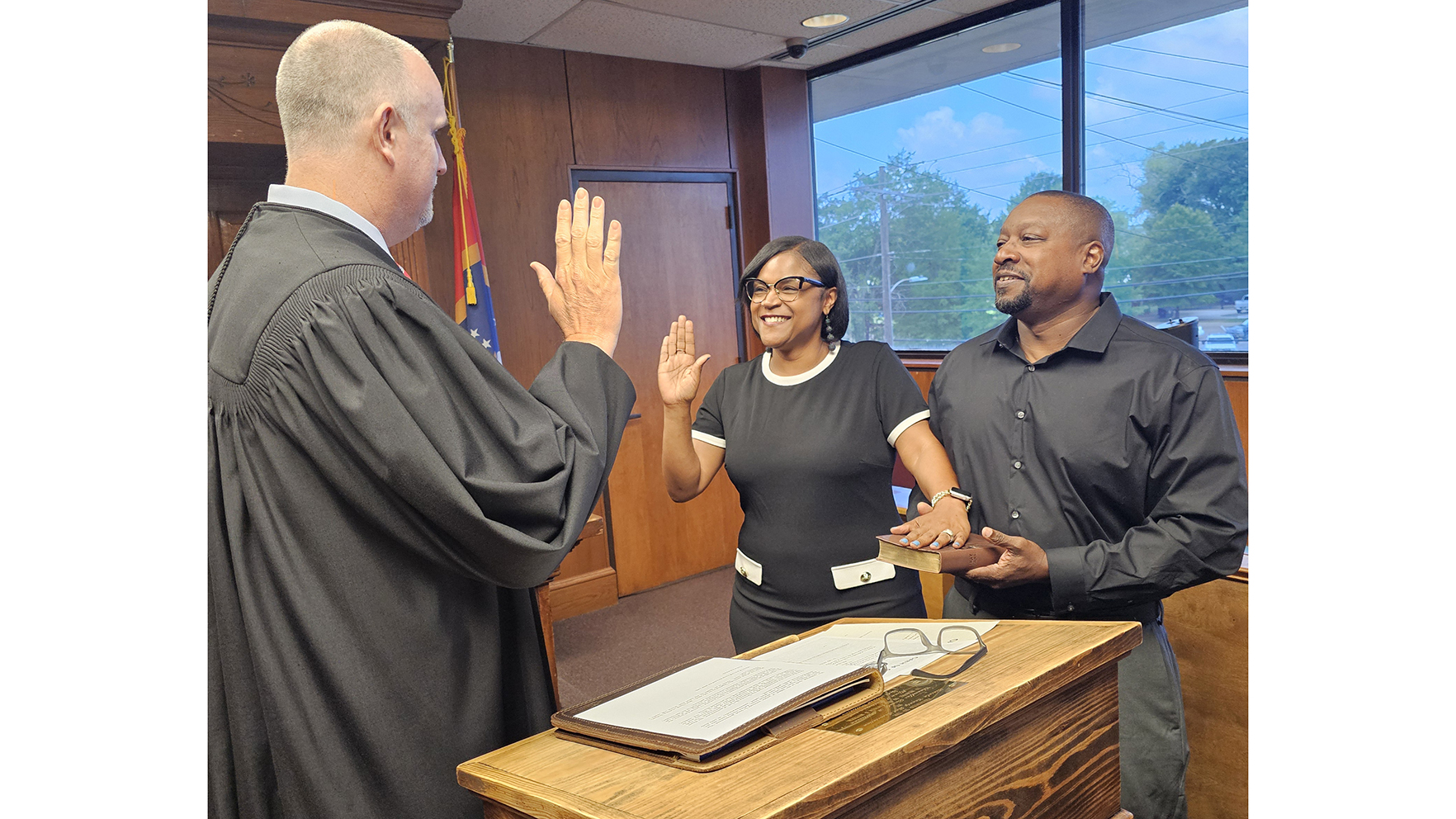First Amendment vs. the Fourteenth
Published 8:10 pm Saturday, April 9, 2016
Is it possible to support House Bill 1523 and also be against discrimination? That’s likely what some people who are familiar with the bill are asking themselves.
HB 1523, which was signed into law by Gov. Phil Bryant, is officially titled the “Protecting Freedom of Conscience from Government Discrimination Act.”
It’s been blasted in the media for legalizing discrimination, and several groups have spoken out against it. Some states have restricted government travel to Mississippi because of the legislation.
According to the legislation, the act prevents the government from taking any discriminatory action against a religious organization, person, business or state employee if they refuse to provide services to gay and transgender people. The act defines marriage as the union of one man and one woman, says that sexual relations are properly reserved to such a marriage, and that “male (man) or female (woman) refer to an individual’s immutable biological sex as objectively determined by anatomy and genetics at time of birth.”
Opponents have cast the bill as legalized discrimination. Proponents call it a religious freedom law. The truth is probably somewhere in between.
The problem, as I see it, is that the Bill of Rights guarantees two separate things that are currently at odds — religious freedom and equal protection. It’s the First Amendment vs. the Fourteenth.
Should an individual or a business be allowed to express religious beliefs, even if doing so means potentially denying another individual’s rights? It’s easy to argue that no individual should be forced to do business in a way that violates their religious liberties. It’s also easy to argue that the Fourteenth Amendment demands that all people be treated the same.
The bill singles out the gay and transgender communities in the name of religious freedom — as well as adulterers and those who practice pre-marital sex. It prevents the state from taking a host of actions if a person or business denies services to those people. Those actions include not changing the tax status of an organization, or withholding state funding, grants or entitlement benefits, imposing a fee or fine, denying licenses, or refusing to promote, or hire or fire a state employee.
In other words, the state won’t punish or penalize in any way if a person or business chooses to deny services. The law would, for example, allow a church group to decline housing or adoption services to gay couples. A hotel could refuse to rent a ballroom for a same-sex marriage and a jeweler could refuse to sell rings to a gay couple. Any employer or school could refuse to allow a transgender person to use the bathroom of their choice, The Associated Press reported.
The law doesn’t prevent a gay person from suing if they are denied services, and the law doesn’t trump any federal protections already in place. In reality, it’s hard to see what the law accomplishes other than putting a flag in the ground that says “here is what we believe.” It’s not like denying services to gay and lesbian people violated state law before. Some cities in the state have non-discrimination resolutions that address gender identity and sexual orientation but the state has no protections.
“This bill doesn’t discriminate against anyone or imperil civil liberties,” said Russell Moore, a Mississippi native and president of the Ethics & Religious Liberty Commission of the Southern Baptist Convention. “What it actually does is prohibit the government from taking sides in a culture war and discriminate against those with religious convictions.”
I am a member of a Southern Baptist church and generally agree with most of Moore’s positions. But I’m torn on this one. I’m guessing many of you are as well.
My faith demands that I treat others with love and kindness, even those who live a lifestyle I disagree with. But what about doing business with someone who lives a lifestyle I disagree with? I personally have no problem with it — it doesn’t affect my faith or my relationship with God if I do. But I understand why some would have a hard time participating in a gay wedding ceremony as a photographer or baker. Marriage is a religious ceremony, and being forced to participate in a ceremony that violates one’s religious beliefs strikes me as unconstitutional. It strikes me as “preventing the free exercise thereof.”
But marriage also comes with specific government benefits, and the Fourteenth Amendment seems clear in that regard. If the faith community had wanted to keep marriage as only a religious institution, it should have never involved the government.
I assume the same bakers and photographers who would deny services to gay people on religious grounds would also be opposed to participating in the wedding ceremony of a couple that practices another faith. That becomes a slippery slope. I was once a professional photographer in Houston, Texas, and once photographed the wedding of an Ethiopian couple. To be honest, I don’t know what their faith was, but the wedding ceremony looked a lot different than the one’s at the Baptist church in the town I grew up in. Photographing their wedding as a Christian business owner in no way harmed my faith. My presence at the wedding also didn’t mean I agreed with the couple’s religious views.
Protecting religious liberties may be at the heart of HB 1523, but protecting those liberties will come at the expense of another individual’s rights. Supporters of this bill will have to be OK with that if they are to have a clear conscience.
Luke Horton is the publisher of The Daily Leader.





